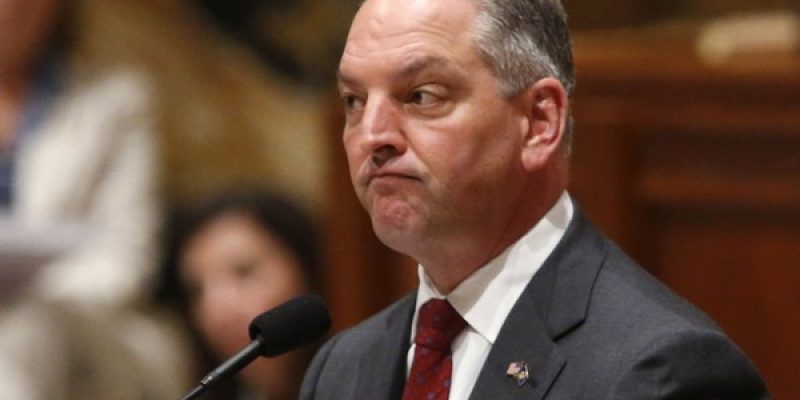And so it started five years ago today—unwise actions by Democrat former Gov. John Bel Edwards that, as a small saving grace, at least established a costly but valuable knowledge bank for the future and triggered some beneficial changes to state policies.
The Wuhan coronavirus pandemic had launched in all but name, becoming noticeable in several of the country’s largest cities, including New Orleans. Credit Carnival, which had ended almost three weeks earlier, as the vehicle that brought it hot and heavy into the state. So, on Mar. 13, 2020, Edwards issued the first of a string of proclamations under his statutory powers—then heavily favoring unilateral gubernatorial action—significantly curtailing personal and economic freedoms .
Perhaps he could be forgiven in the early, uncertain days of the pandemic for such a reaction, given the prevailing ethos that stopping most activity for a couple of weeks would knock the virus down in its tracks. But the problem arose when that ethos mutated into the pursuit of an unattainable “zero Covid” environment, requiring the heavy hand of the state. Even at that early stage, perceptive policymakers realized this was impossible and that the costs would be staggeringly high, even for mild and incomplete effectiveness toward that goal.
Edwards, being of the government-knows-best school—where bigger government meant greater power to spread an ideological imperative of collectivism and redistribution—refused to accept that lesson. Over time, more enlightened governors, along with leaders of other countries, presented increasingly compelling examples of better approaches. Relative to Louisiana, Edwards was the most prominent villain whose actions needlessly increased deaths related to pandemic policymaking. But he wasn’t alone—there were others like him on the wrong side of history, just as there were heroes. The real question is: what did the state learn or gain from the experience?
First, citizens gained greater rights over their own physical autonomy, particularly in education. As soon as Edwards was shoved out the door, pieces of legislation came through that ensured neither students nor school employees could be forced to take coronavirus vaccinations. Additionally, awareness increased that parents were not required to vaccinate their children for school attendance, nor could schools discriminate against unvaccinated students.
Second, gubernatorial powers became less dictatorial and subject to more oversight. Again, as soon as Edwards was gone, the Legislature passed a law allowing one legislative chamber, rather than both, to terminate a gubernatorial emergency—whether in full or in part.
Third, religious freedom was strengthened. Even before Edwards’ term ended, the Louisiana Supreme Court ruled in favor of a suit against his restrictions on religious gatherings, agreeing that it was discriminatory against religious practice relative to other allowed gatherings of individuals, for commerce, for example.
Fourth, Edwards gave in on increased oversight of the governor and Secretary of State on emergency election plans, not contesting 2022 legislation that gave the Legislature greater control of adoption of those plans. This could prevent widespread use, for example, of mail ballots as occurred in the 2020 election under an emergency plan the Legislature had been unable to stop. After Edwards left office, the Legislature also outlawed other practices of questionable election integrity.
Finally, schools—fortunately less so in Louisiana, thanks to the Board of Elementary and Secondary Education and Superintendent Cade Brumley, who took office two months after Edwards began imposing restrictions—learned the cost of learning loss from prolonged online education. Unlike Edwards, BESE and Brumley left school closure decisions to local districts. Hopefully, if something of this nature ever happens again, that lesson won’t be forgotten.
These lessons were learned the hard way, principally because the wrong man had too much power at the wrong time, and it cost lives. But at least, as the responses over these five years showed, they were learned—and Louisiana is better for it.
Advertisement
Advertisement

